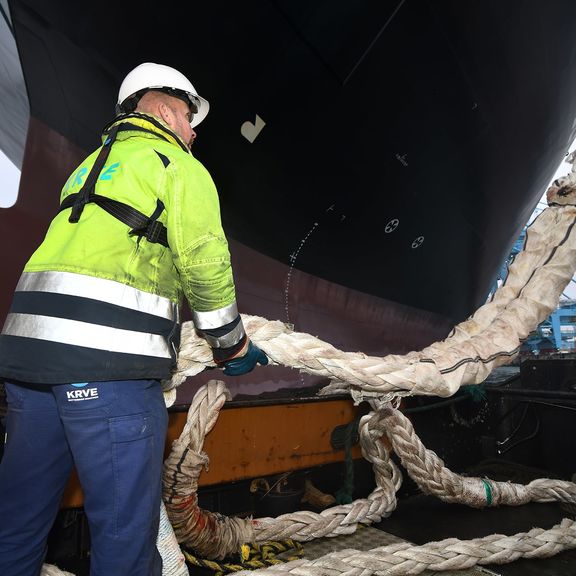
Port Call Optimisation
Every year, almost 28,000 sea-going vessels dock at the port of Rotterdam. As a result, miscommunication may quickly lead to disruptions – that’s why simple communication is of the essence.
The purpose of Port Call Optimisation (PCO) is to make such visits by vessels take place as safely and efficiently as possible, from the moment the vessel leaves the port of departure to the moment it arrives at its port of destination.
Port Call Optimisation reduces emissions from vessels in transit, in and around ports, terminals and port cities and at the same time, ensures more safety, compliance with the regulations and lower costs for shipping lines, shippers, terminals and ports.
Port Call Optimisation can be achieved by, among other things, improving and standardising nautical, operational and administration data.
Two basic assumptions are at play here:
- Data must always be compatible, both from the ship movement from berth to berth, but also from its cargo throughout its trajectory.
- Data always comes from the data owner, which makes it up-to-date continuously. Different data owners are involved per port call: it is always a combination of both the port and the terminal, yet also nautical service providers and services related to vessels and cargo.
International approach
A vessel may dock at as many as 8,000 ports. That makes the use of international standards very important. Based on international BIMCO contracts and IMO regulations, efforts were made first to standardise the PCO process and subsequently to standardise relevant PCO data.
Local approach
Nowadays, Rotterdam has adopted the international definitions. For example, think of depths and berths, but also arrival and departure times.
More information? Contact:
